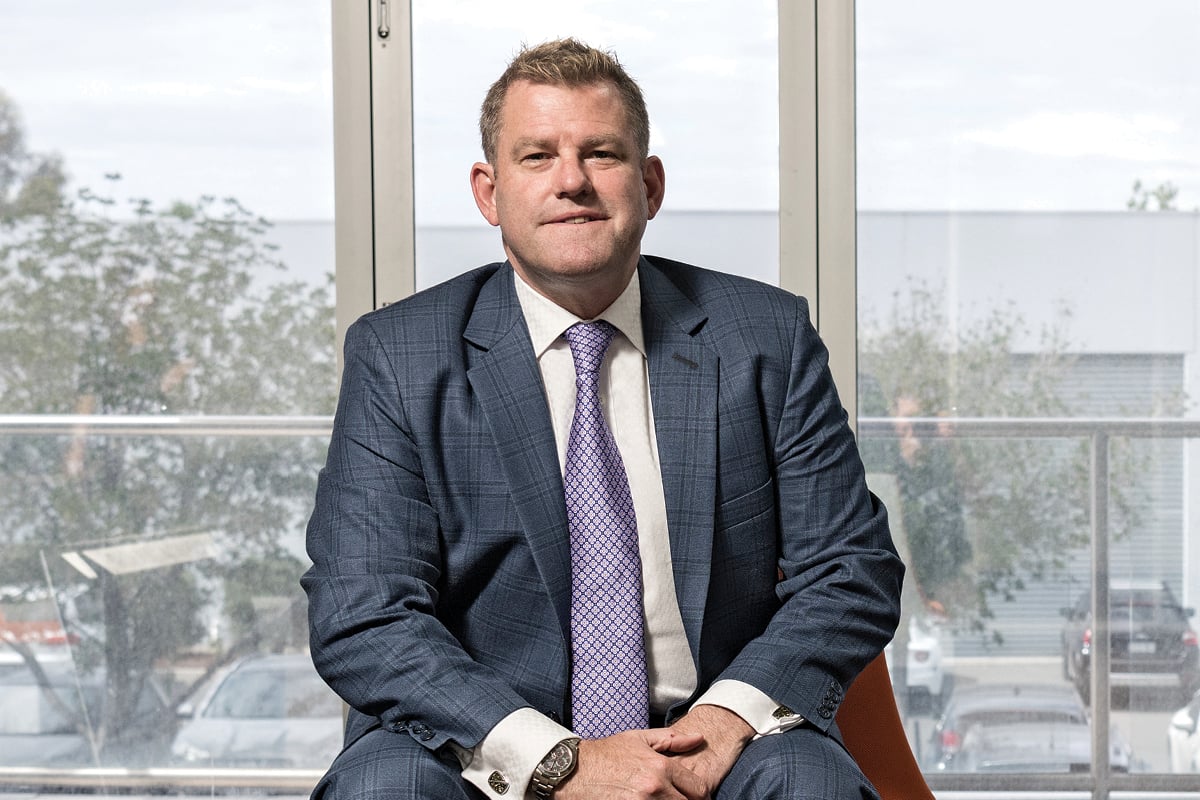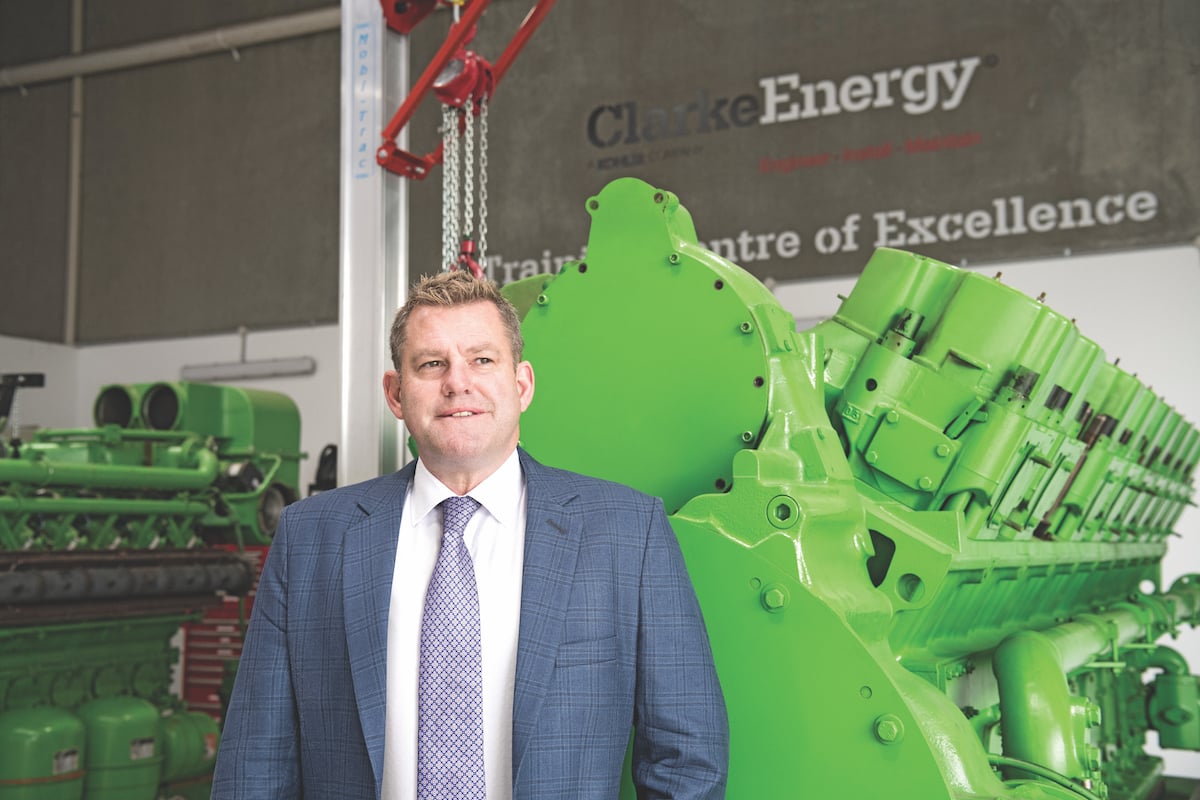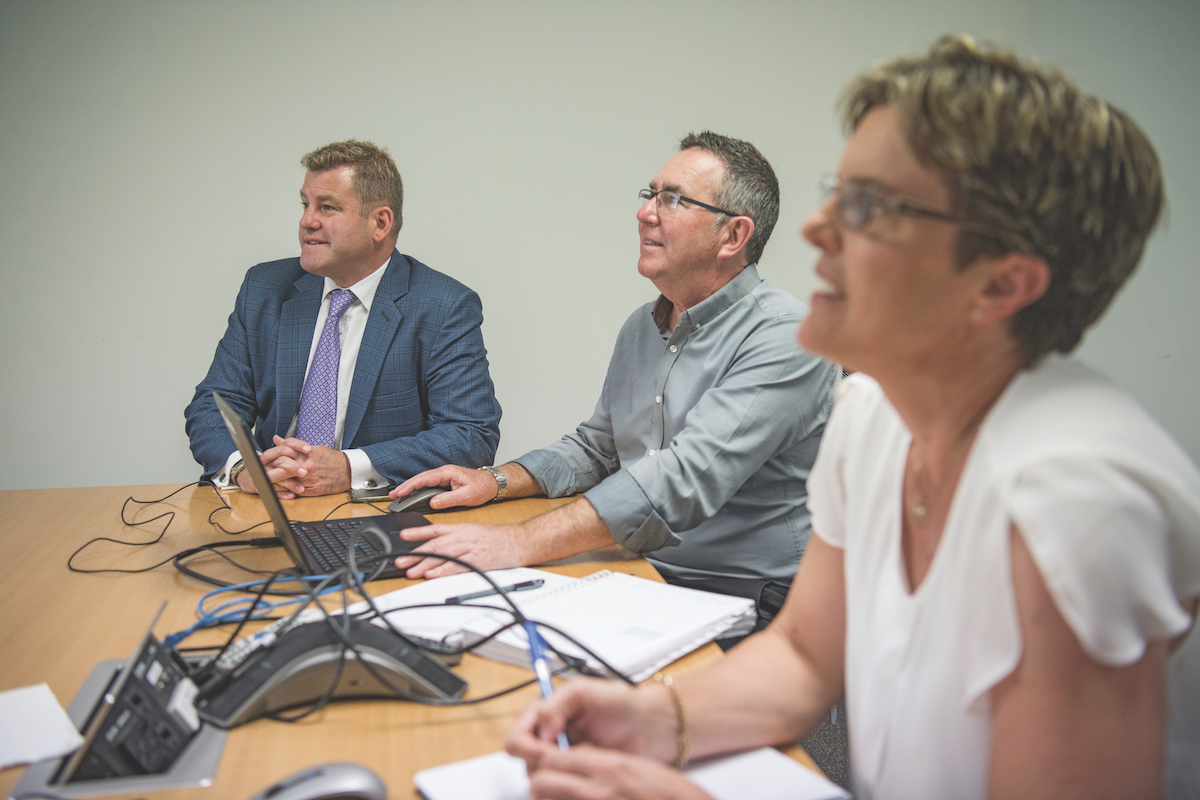Australia’s move towards the adoption of renewable energies is stymied by a lack of bipartisan support, says Clarke Energy Australia’s Managing Director Greg Columbus. “Australia has struggled with a renewable energy policy for probably a decade,” he says, “and one thing the market’s starting to understand is that what is certain is the continued uncertainty of where we stand.”
The government came close to gaining an adequate level of support during the Rudd era, he continues. “But we’ve never really cracked that nut, and I’d be surprised if we get any certain energy policy until we see some systemic changes to the whole macro-political framework.” In the meantime, it’s business as usual, and Greg notes that, in bridging the gap between coal and renewable energies, “the market’s just being efficient – it’s working itself out”.

Against this backdrop, Clarke Energy has been working on “a model for delivering hybrid power projects, gas and diesel engines that will be augmented by battery energy storage systems and, typically, solar photovoltaic panels”. Leveraging the distribution arrangements in place of the Jenbacher Gas Engines, and now the Kohler Diesel Engine technology, and combining this vast knowledge and expertise within the organisation provides a unique platform for these hybrid solutions. This is based on several factors coming into play during the, admittedly slow, transition from coal to renewable energies, like the rising cost of gas on the east coast, the expense involved in getting gas to remote projects, and increasing diesel costs.
“The Clarke Energy model is about bringing a sustainable solution to our customers.”
“The Clarke Energy model is about bringing a sustainable solution to our customers,” Greg says. “The trick with this blend is to increase the reliability and availability of energy production to give certainty to our customers, with the benefit, too, of bringing down the daily cost of electricity, and providing a much more sustainable footprint than you’d have by relying on gas or diesel alone.”The success with which Clarke Energy can deliver this model to their customers relies in part on the contributions made by its supply partners. Greg has a particularly productive relationship with Mark Hogan and the team at PHE, a family-owned business that offers electrical operations support services to its clients.

“As we’ve grown they’ve come along, to mutual benefit. Mark took the initiative from day one to really understand what we needed.” Clarke places a priority on understanding the needs of its customers, and aligning these with its supply chain. “Sadly,” Greg adds, “we don’t use many suppliers today because they don’t align with the beliefs and values we need to excel in our customer delivery.”
PHE does not fall into that category, however. “We’ve had a wonderful journey together. They’ve worked for us all over the country, from east to west, north to south, and they challenge us.” This latter function is important to Greg. “We expect our supply chain to challenge us because they are experts in the field we’re employing them for. As much as we do the engineering and understand the power generation aspect, we are going to our supply chain to give us what we think is the best in the industry. Conversely, we challenge them, so they’re not only great in terms of financial outcomes. We’re both growing as companies in terms of our quality, our delivery, and the beliefs of our business.”

With a market share of more than 70%, the enduring dedication of Clarke Energy to innovation and cutting-edge ideas is evidently paying dividends. A strong culture of accountability in place at the company guards the market leaders against complacency. “People are accountable for their decisions, and they are running their own bits of the business like they’re the owners,” Greg explains.
“Therefore, every day, every decision they make is critical not just to the business and the brand that’s on the wall, but to them personally, to their livelihoods, and to their families.”
Accountability runs in two directions at Clarke Energy: from the top down, and from the bottom up. “Ours is not just a command-and-control culture; it’s an open business where each employee’s contribution matters, and their engagement is critical to making sure that we don’t fall asleep at the wheel. And behaviour breeds behaviour, so if it’s not starting with the management team and flowing down, it’s coming from the ground up.”


